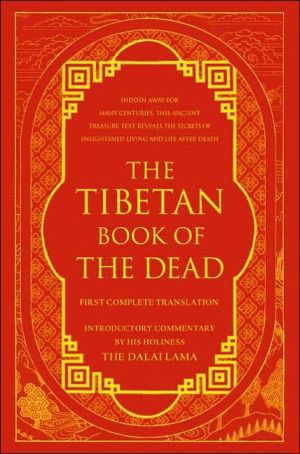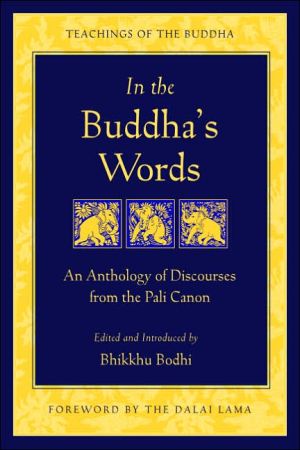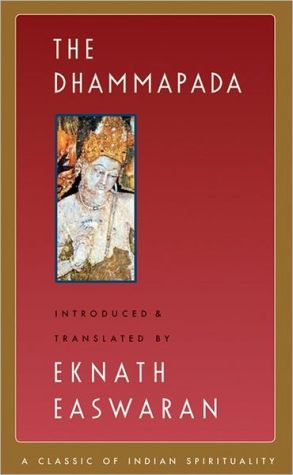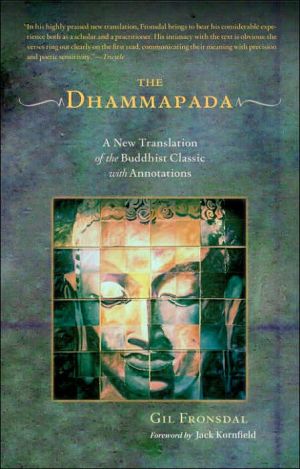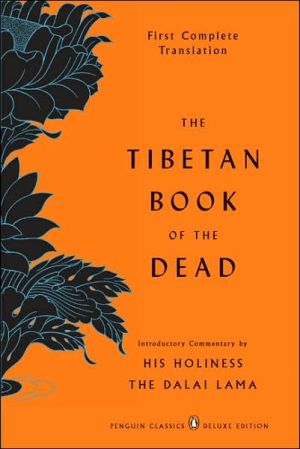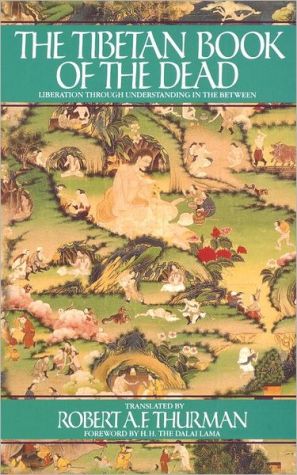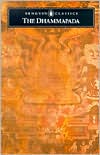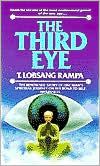The World Is Made of Stories
Search in google:
In this unique and utterly novel presentation, David Loy explores the fascinating proposition that the stories we tell — about what is and is not possible, about ourselves, about right and wrong, life and death, about the world and everything in it — become the very building blocks of our experience and of the universe itself. Loy uses an intriguing mixture of quotations from familiar and less-familiar sources and brief standalone micro-essays, engaging both the reader and himself in challenging and illuminating dialogue. As we come to see that the world is made — in a word — of stories, we come to a richer understanding of that most elusive of Buddhist ideas: shunyata, the "generative emptiness" that makes up all forms. Reminiscent of Zen koans and works of sophisticated poetry, this book rewards both casual reading and deep reflection. Publishers Weekly The latest from Loy (Money, Sex, War, Karma), religion and society professor at Xavier University in Cincinnati, is more than a collection of inspiring words pulled from literary sources as diverse as Nietzsche and the Grateful Dead, though such pithy inspiration can certainly be found. The author proposes a large theory: the world consists of stories that make the universe. Loy succeeds at what could be a tough abstract sell, thanks to his convincing arrangement of and dialogue with the sources he selects. Stories are viewed in the broadest sense; he defines them as "an account of something," be it myth, culture, history, or self-identity. Brief authorial essays between quoted passages breathe life into the world-as-story premise and also unlock deeper questions. The biggest unknown: if our stories are everything, what lies beyond them? To answer, Loy discusses koans (paradoxical statements in Buddhism that he calls "stories to free us from stories") and shunyata, a Buddhist conception of formlessness. Throughout this challenging but readable study, the driving concerns of philosophy and religion are shown to be not far removed from one another. Loy explores the amazing, sometimes bewildering unfolding of the human story with dexterous scholarship and surprising wisdom. (Sept.)

